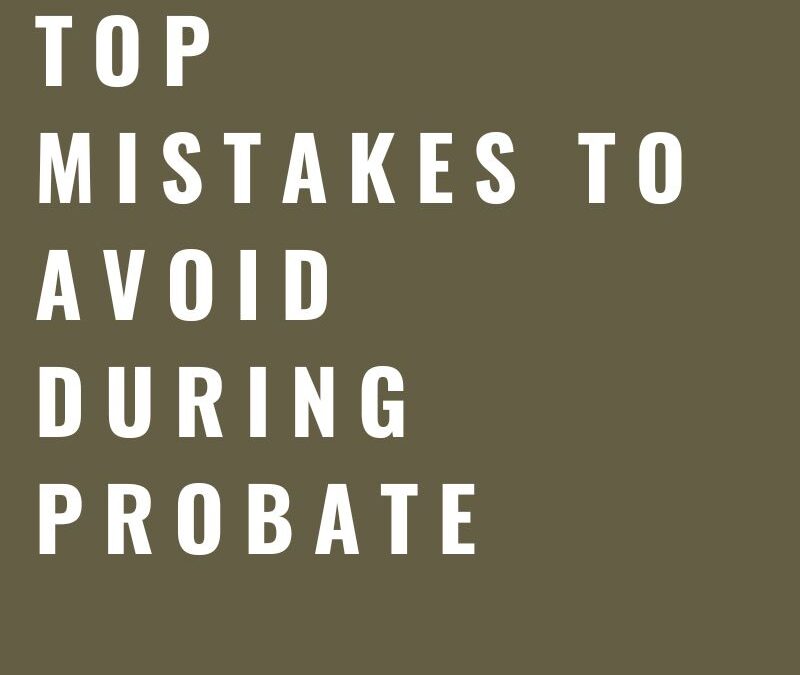Top Mistakes to Avoid During Probate in Tennessee
Probate is a crucial legal process that ensures a person’s assets are properly distributed after their death. In Tennessee, probate can be relatively straightforward—but it’s also easy to make costly mistakes if you’re not careful. Whether you’re an executor or a beneficiary, understanding these common pitfalls can help you navigate the process more smoothly.
1. Not Filing the Will on Time
In Tennessee, the will should be filed with the probate court as soon as reasonably possible after the person passes away. Failing to file promptly can lead to delays, confusion, or even legal complications. If you’re named as executor, don’t wait—start the probate process quickly to keep everything on track.
2. Overlooking Small Estate Options
If the estate is valued under $50,000 and doesn’t include real estate, you may qualify for Tennessee’s small estate affidavit process. This is a simplified version of probate that avoids court hearings and can save significant time and money. Many people miss this option simply because they don’t know it exists.
3. Not Notifying Creditors Properly
Executors are legally required to notify all known creditors of the estate and publish notice to unknown creditors. In Tennessee, creditors have four months from the notice date to make claims. Skipping this step—or failing to do it correctly—can result in personal liability for the executor or issues when closing the estate.
4. Mishandling Estate Assets
Until the estate is officially closed, all property and funds should be managed responsibly by the executor. This means not distributing assets too early, commingling personal and estate funds, or failing to protect the value of the estate. Always open a separate estate account to keep everything clean and organized.
5. Failing to Keep Accurate Records
Tennessee probate courts often require a full accounting of all transactions made by the executor. Inaccurate or incomplete records can delay closing the estate and invite scrutiny. Keep a detailed log of every payment, receipt, and distribution related to the estate.
6. Going It Alone Without Legal Help
Even though probate can be handled without an attorney in some cases, it’s often wise to consult one—especially if the estate is large, includes real estate, or if disputes among heirs are likely. A probate attorney can help you avoid missteps and ensure you’re complying with all state requirements.
Final Thoughts
Probate doesn’t have to be a nightmare—but it does require careful attention to detail. By avoiding these common mistakes, executors can protect themselves from liability and ensure the wishes of the deceased are honored properly. If you’re unsure of any step in the process, don’t hesitate to get help—because in probate, what you don’t know can hurt you.

